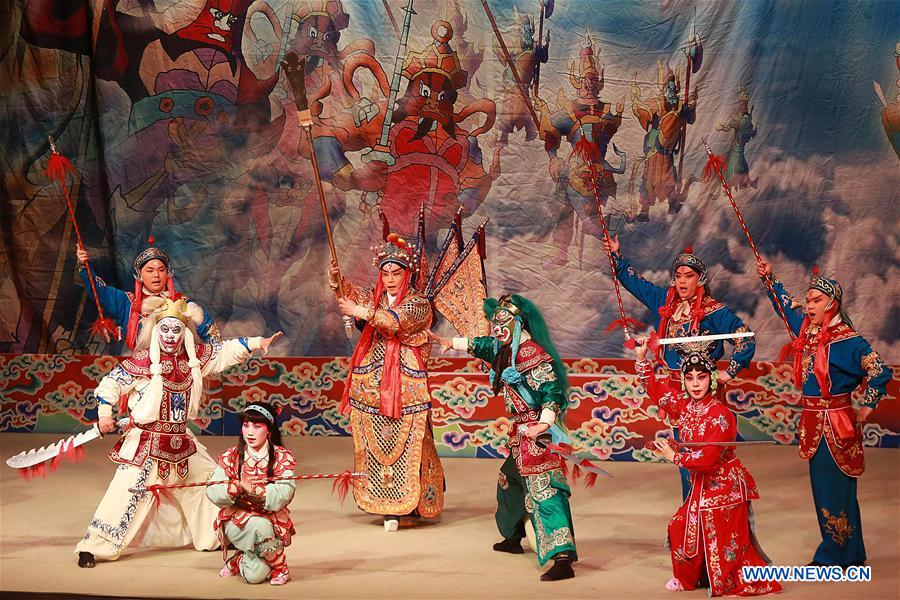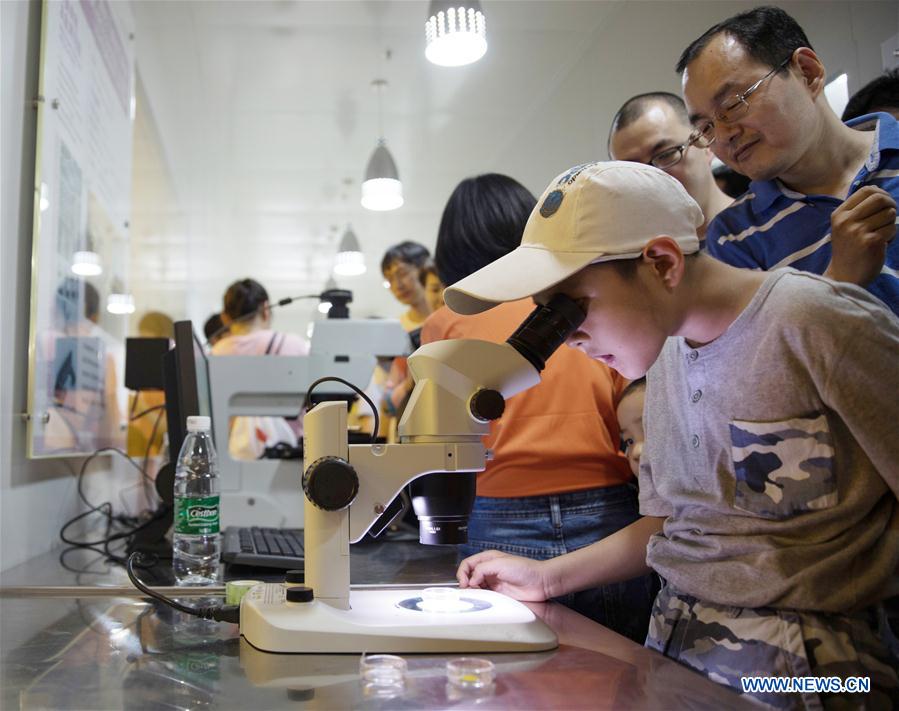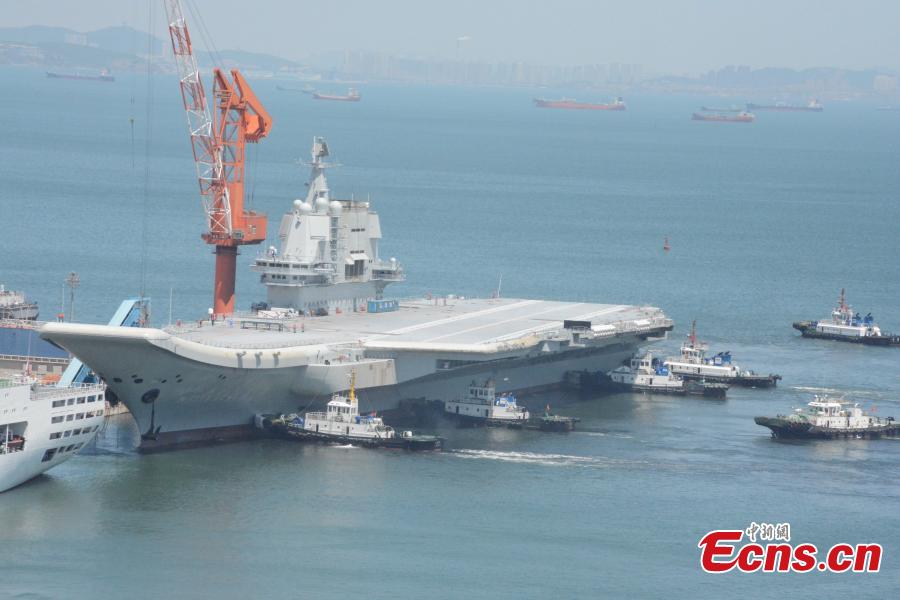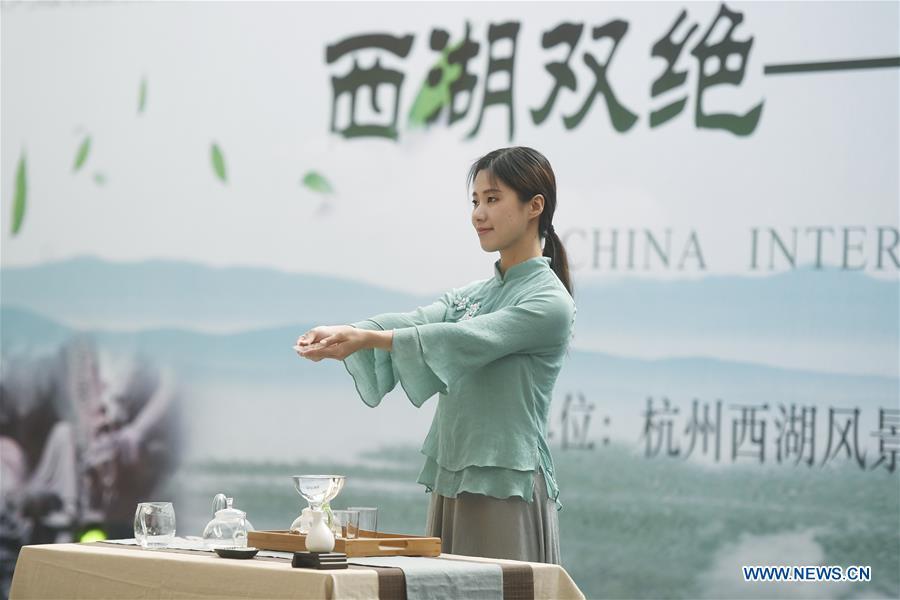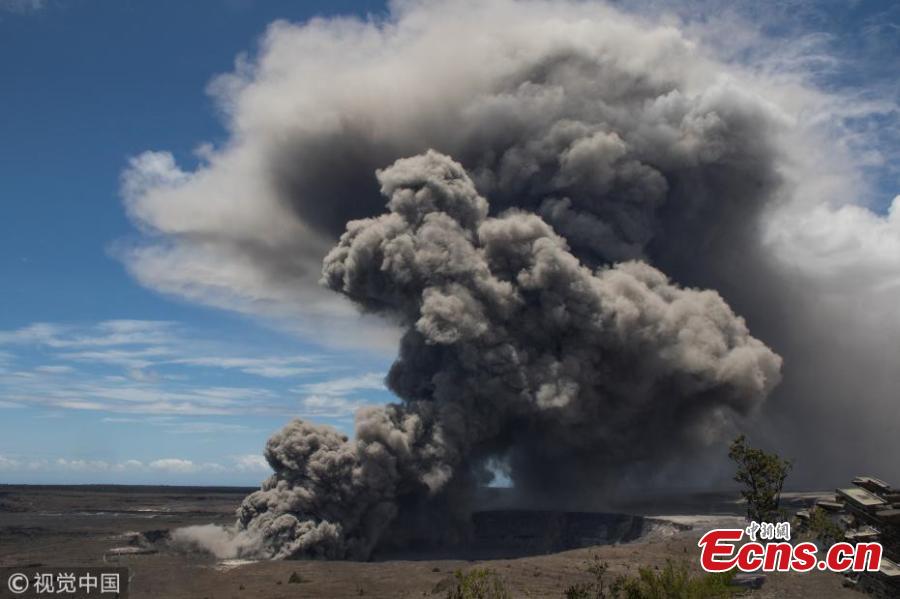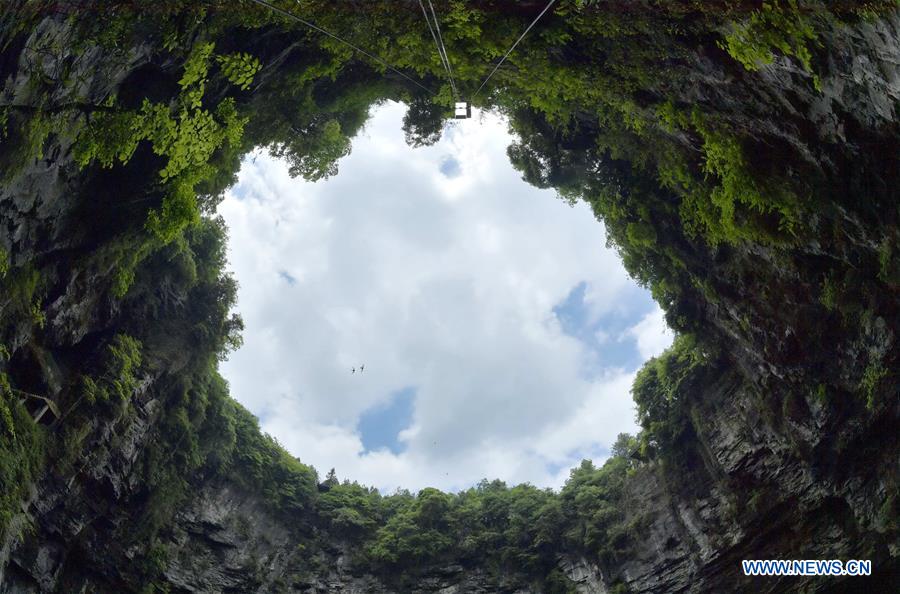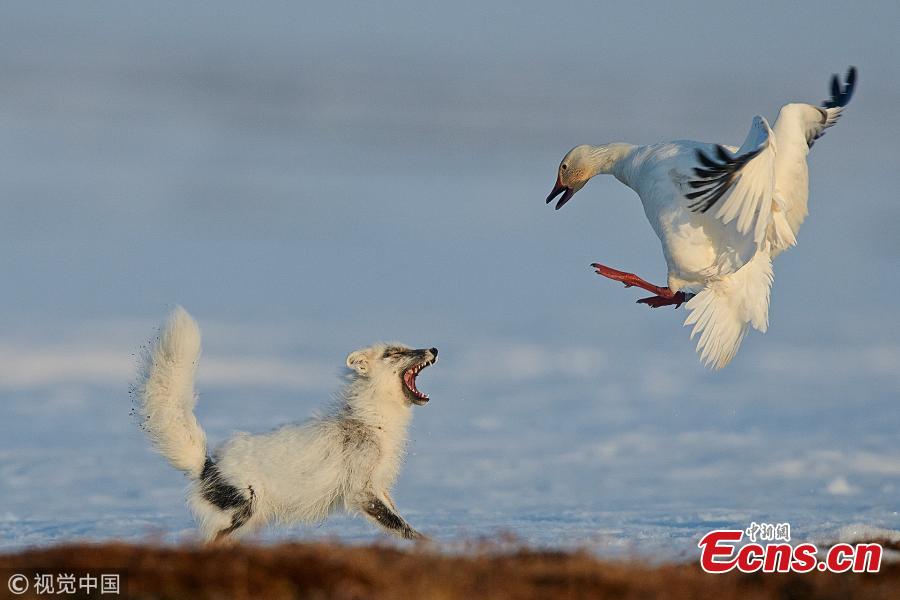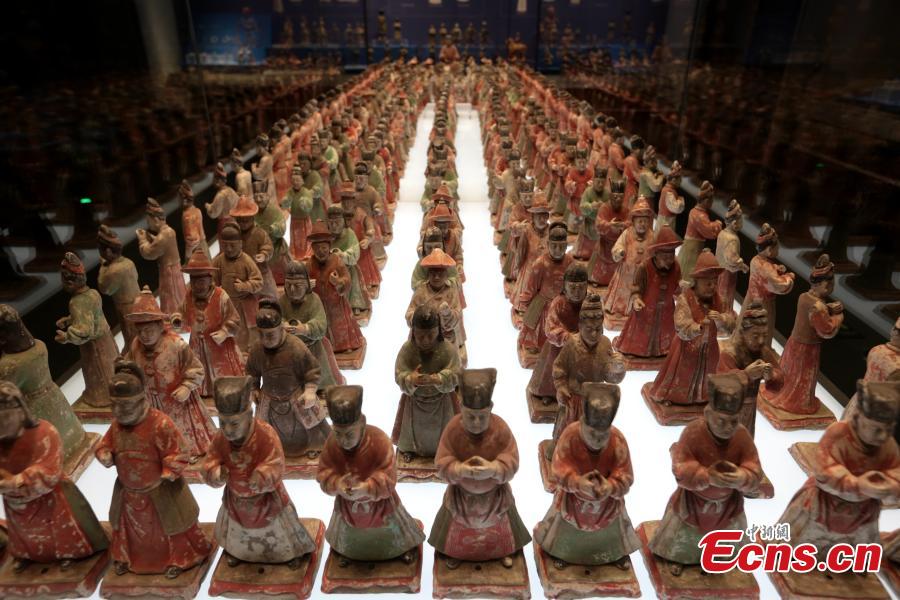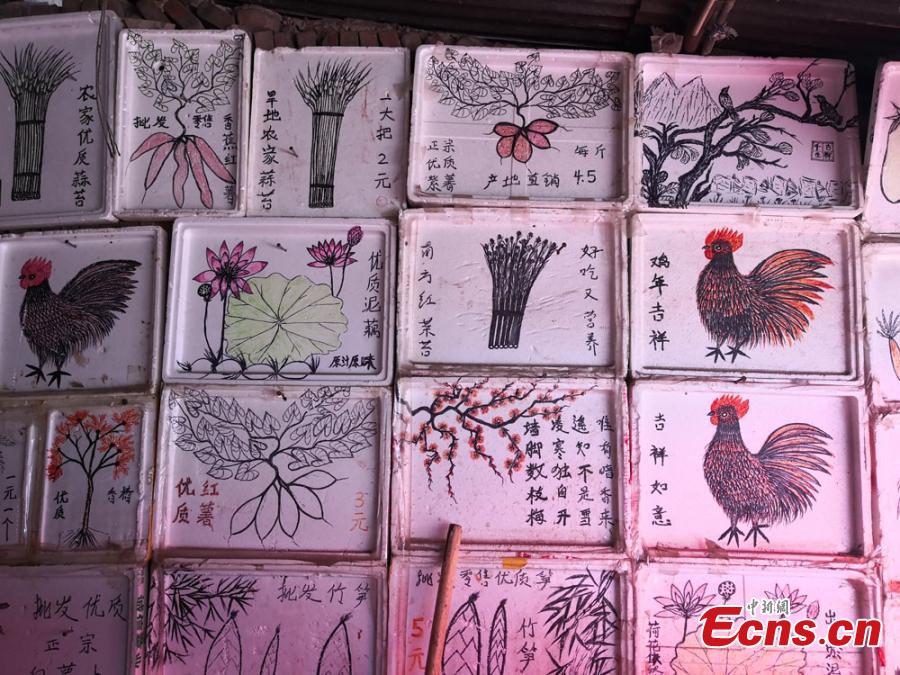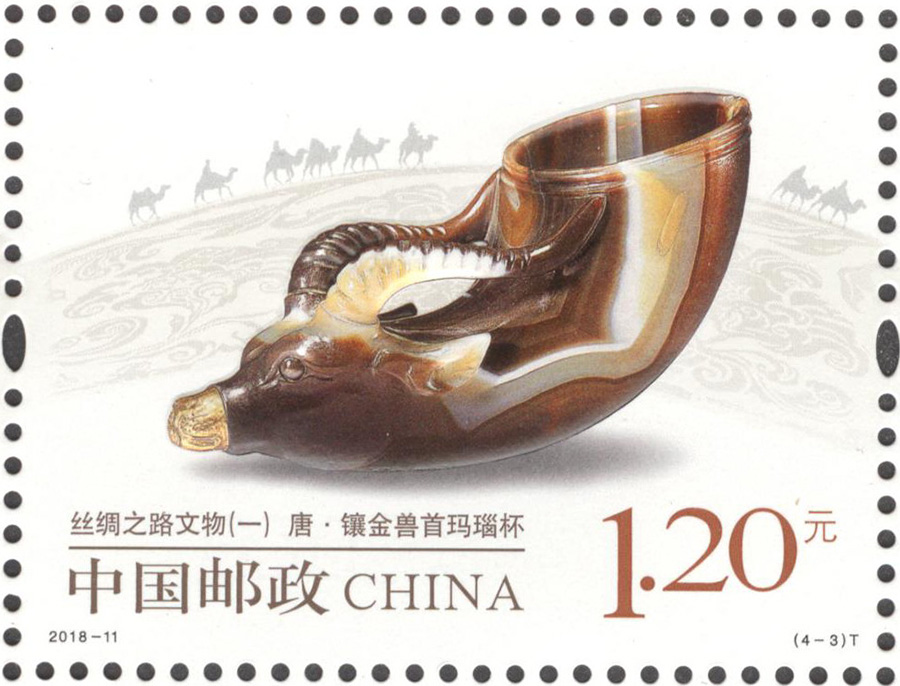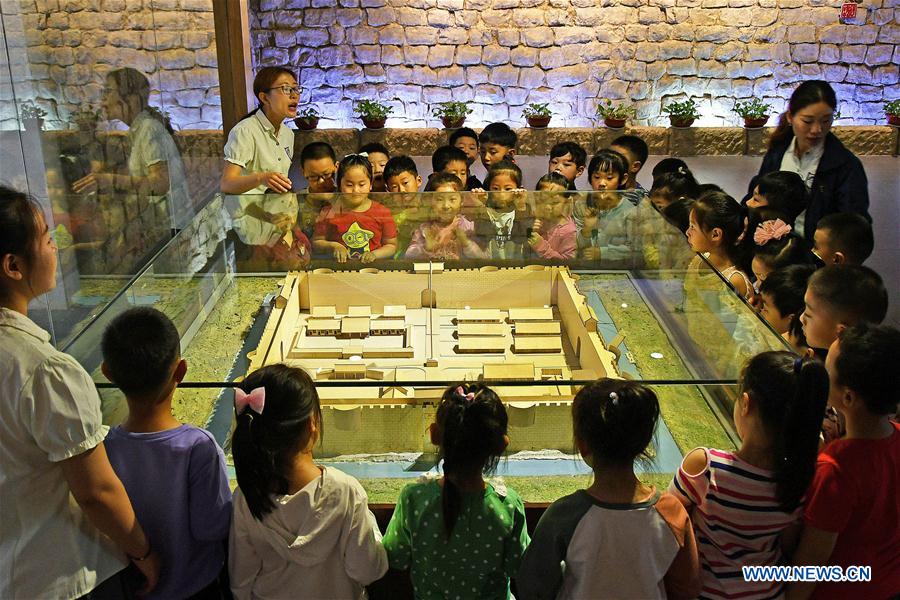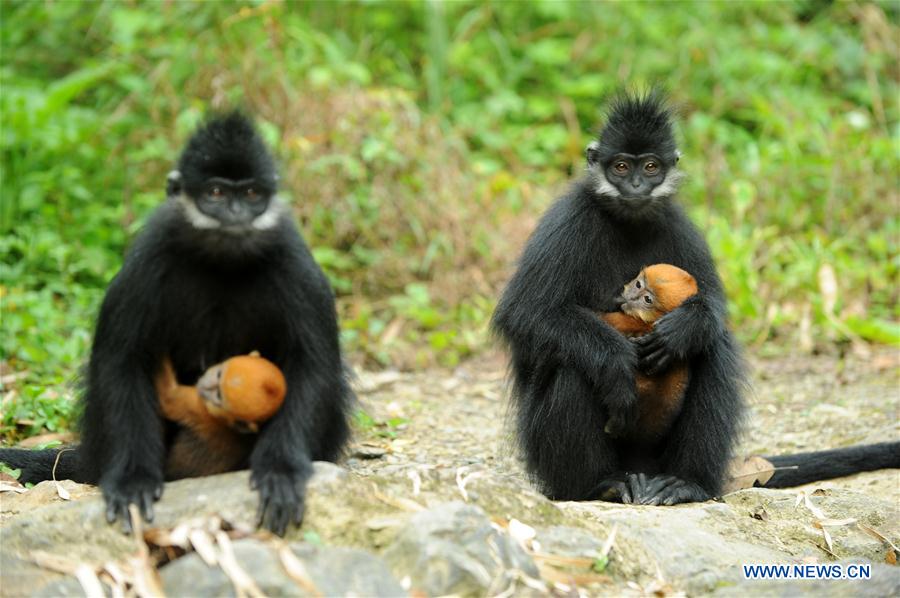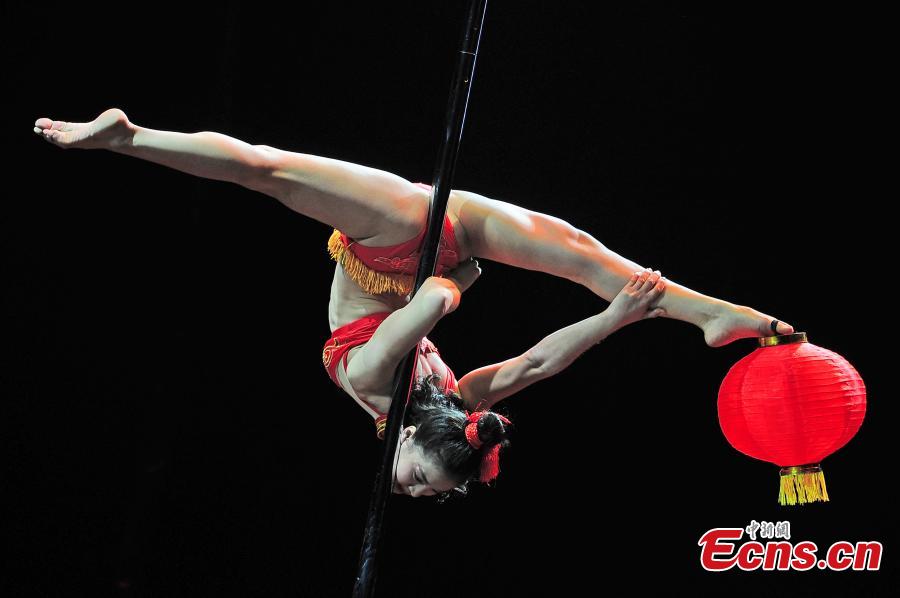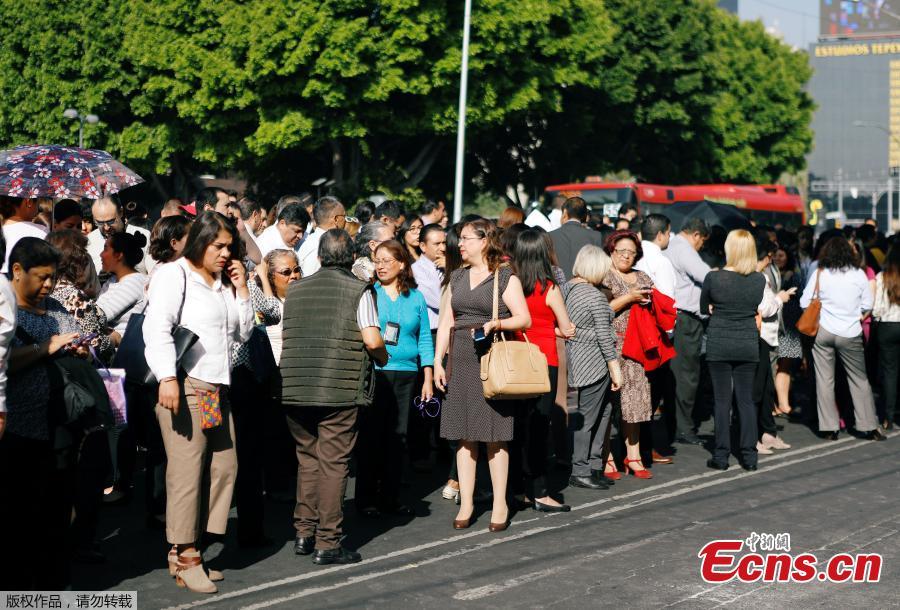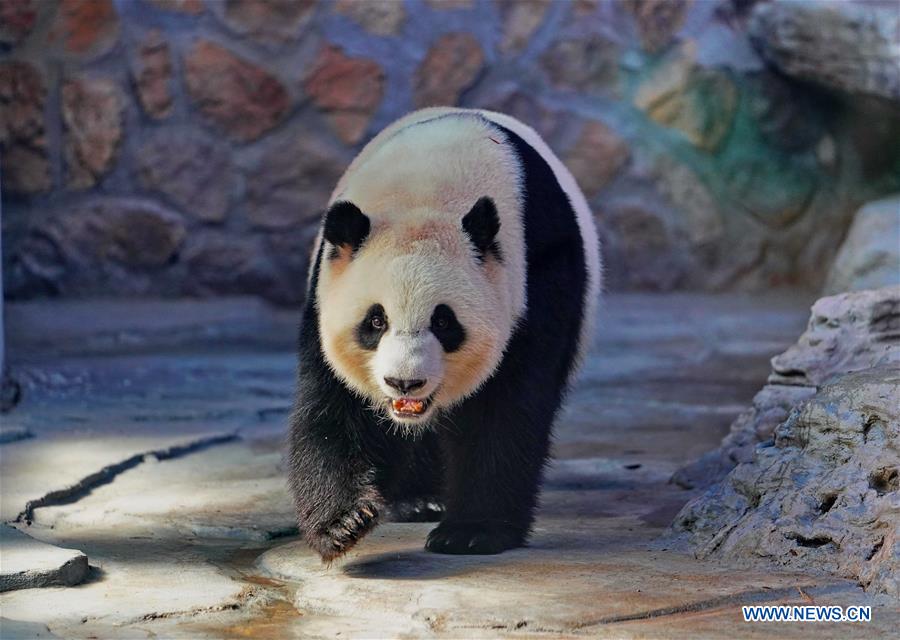Government officials, investors and high-tech industry executives from China and the U.S. met to share their thoughts about the unicorn ecosystem in Silicon Valley and how counterparts in the world's two largest economies can collaborate better.
Friday's Global Unicorn Enterprise Forum, which was sponsored by the Chengdu Municipal People's Government and organized by People's Daily Online West USA, drew participants from top unicorn companies, including Alibaba Cloud and Uber, and scholars such as Cui Yi, professor of materials science and engineering at Stanford University, who is a vocal advocate for materialization of academic findings.
Luo Linquan, consul-general at the Chinese Consulate General in San Francisco, is upbeat on the future of the China-U.S. relationship.
The economic output by China and the U.S. accounts for 40 percent of the world's total, he said at the forum. Luo said that unicorn enterprises that are constantly emerging in both countries demonstrate that a deeper reach of multinational companies and technological innovation offer new opportunities for more cooperation.
Unicorns, usually referring to companies that have been established in the past 10 years, have a valuation above $1 billion, have obtained private equity investment and have not yet listed on a stock exchange, are constantly emerging in both countries.
China accounts for 38.9 percent of the world's total unicorns, while the U.S. has 42.1 percent, according to a joint report by Deloitte and China Venture.
There were 164 unicorn enterprises in China by the end of 2017, with a total valuation of $628.4 billion, said the 2017 China Unicorn Enterprise Development Report.
Among those, 10 companies, such as Ant Financial Services, Didi Chuxing and Xiaomi, have valuations over $10 billion and have become super unicorn enterprises.
Panelists from JP Morgan, BGI Genomics, and Quanergy in the Silicon Valley believe governments at all levels in China are committed to adopting high-technology and innovation and willing to offer necessary assistance.
The U.S., however, has a more sophisticated tech and innovation market. With its massive market and mushrooming capital, China could learn from Silicon Valley's development experience and sound investment environment.
David Haubert, mayor of Dublin, California, said that what impressed him most during his 11 trips to China was the sincerity that government officials have shown.
"'What can I do for you?' the mayors always ask," said Haubert, adding, "China can do anything, and with technological advancements and by working together with the United States, we can together accomplish anything."
Panelists at the forum in Silicon Valley also conducted parallel conversations with their peers in Chengdu, Sichuan province through video conferencing. They compared innovation and unicorn growth in China and the U.S. and proposed deeper and more comprehensive co-operation.
Zhu Xiaohu, the managing director at GSR Ventures, who joined the conversation from Chengdu, said there is a shift from "copied by China" to "made in China" in the last 10 years regarding high-tech and innovation.
The pattern coincides with China's economy, which has shifted from a high-speed growth stage to a high-quality development stage.
Meanwhile, the Chengdu High-Tech Industrial Development Zone announced that it will set up a $1.57 billion investment fund and a cultivation system as part of its efforts to build a cradle for unicorn enterprises.
The zone welcomes enterprises in different development phases, providing them with services and support in policy, finance and talent cultivation.









